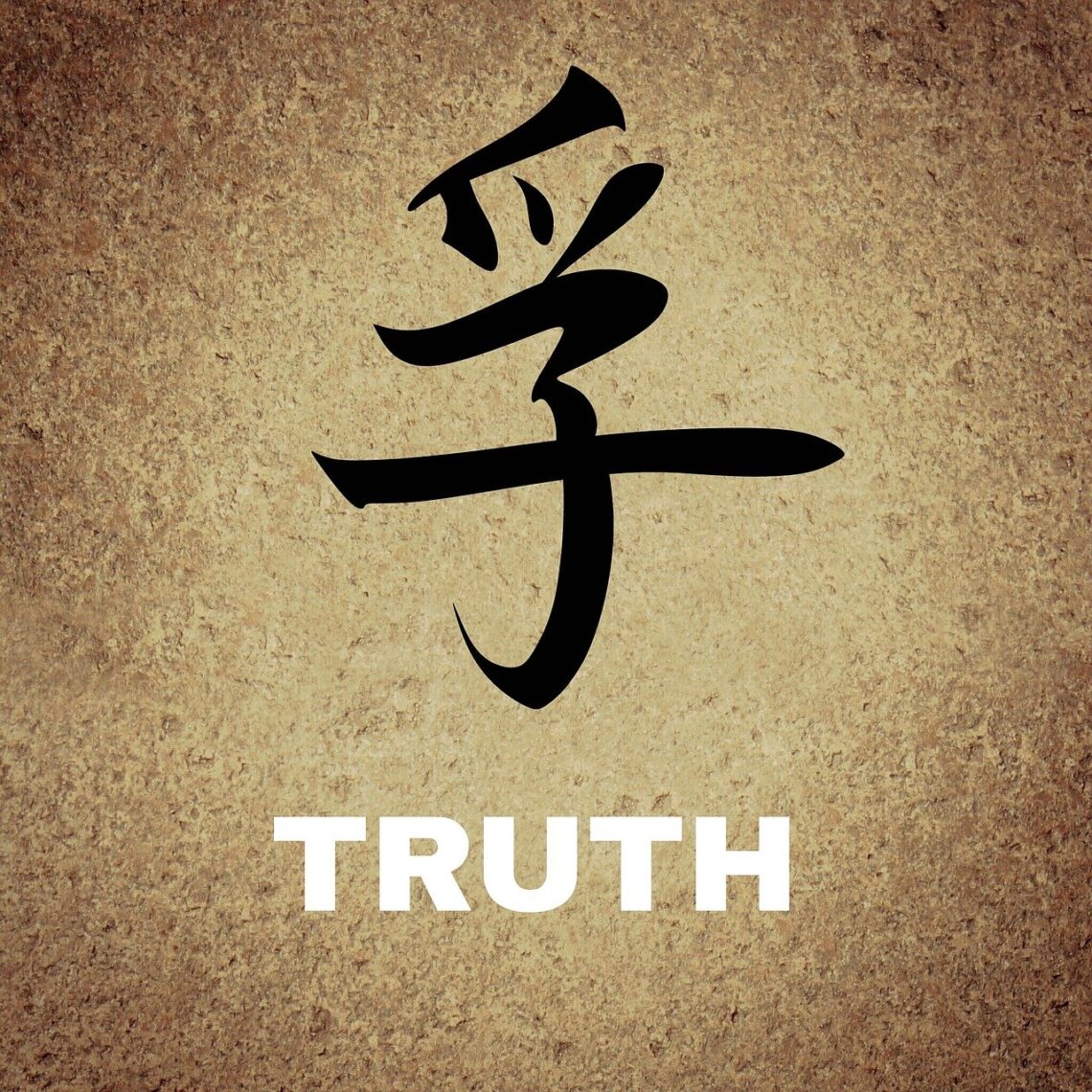
Two Truths
We are living in an insane world right now. Most everyone’s ideas are firmly embedded, shutting out alternative perspectives. However, Buddhists have a perspective that can help open our minds.
Absolute and Relative Truth
Buddhists often discuss “two truths,” meaning there is a relative and an absolute truth. The former refers to our everyday lived reality, and the latter to ultimate reality.
In our everyday reality, there is no absolute truth. Things are relative to what each individual thinks and feels is true for themself. You may hate broccoli, while I love it. One idea resonates with you, but not with me.
In the everyday world, we encounter people who don’t think as we do or value what we value. We can either shrug aside our differences or become angered.
These differences can lead to arguments in the political realm, sometimes reaching hostile levels. They may even lead to violence and bloodshed, as we see repeatedly in the world.
However, there is also absolute Truth. This Truth is devoid of any particular viewpoint or perspective, and has no concepts or feelings attached. It is not an intellectual idea but an experience that takes us from a narrow individual perspective into a more spacious, open world.
The Bird’s Eye and the Worm’s Eye View
These two truths have also been called a worm’s eye view and a bird’s eye view. The worm’s eye view is narrow and constricted, resulting from making its way over and under the dirt giving it a limited perspective.
The bird’s eye view is the opposite. It takes in the whole panorama of the landscape from a much broader perspective.
We get so caught up in our daily lives, our perspective so narrow and small, that we make mountains out of molehills. We get obsessed and angry over the most trivial things.
That’s why it is essential for us to also have a bird’s eye view. This way, we can get a more encompassing view of our situation and see how it relates to the bigger picture. We can see if we are making much ado about nothing or if it really is something to be concerned about.
In politics, disagreements can break up friendships and cause permanent damage. They can also lead to violence and an “us vs. them” mentality. The more we sink into this mentality, the worse it gets.
That’s why we need the bird’s eye view: to understand that absolute Truth exists. We may not know precisely what it is, but acknowledging its existence can give us the space to explore it. We can rise above our squabbles and experience Truth, devoid of my, your or any other perspective. It is a pure experience of Reality and Truth.
This teaches us humility. From the perspective of absolute Truth, we realize that Truth is beyond all our perspectives. Therefore, we can return to our situation, argument, or discussion with an open mind, willing to listen to and entertain ideas we disagree with. If plausible, we can integrate them into our worldview.
If we want peace on the personal and global level, this is the only way to attain it. We would like to think democracy is all about searching for truth and finding the best perspective to move ourselves and society forward.
Absolute and Relative Truth Need Each Other
So, relative Truth needs absolute Truth to balance it. But absolute Truth also needs relative Truth; without it, ideas remain abstract and sterile without any practical application.
This latter position has been called “spiritual bypassing,” where an individual believes they have already attained enlightenment and have figured it all out. Hence, they no longer need to engage with the messy everyday world with all its pain and sorrow. People use this protective armor to convince themselves they are above it all.
But if one believes they have figured it out yet are fearful of losing it if they bring it into the everyday world, then we can safely say they are fooling themselves.
So, we need both relative and absolute Truth. Absolute Truth detaches us from the hubbub and chaos of the everyday world, so we don’t get psychologically and emotionally overwhelmed by every issue. At the same time, relative Truth keeps us engaged in the world around us.
Relative and absolute Truth are like two sides of a coin. You can’t have a head without a tail or a tail without a head. In the same vein, you can’t have relative Truth without absolute Truth, and you can’t have absolute Truth without relative Truth.
We Need the Experience of Absolute Truth
As a society, we are sorely lacking in absolute Truth. Thus, various factions become wedded to ideologies they may or may not have thought out.
We need an inner spiritual revolution in which people can experience pure being and absolute Truth. Absolute truth is not any particular truth but the experience of Truth itself. It is beyond words and ideas. It is an experience of open-mindedness and spaciousness.
Right now, your most revolutionary act is to begin meditating or, if you are already a meditator, continue gaining a detachment from yourself, your ego, and your ideas. You can then, as objectively as possible, evaluate and apply the insights you gain and the views of others to your life and the world around you.




